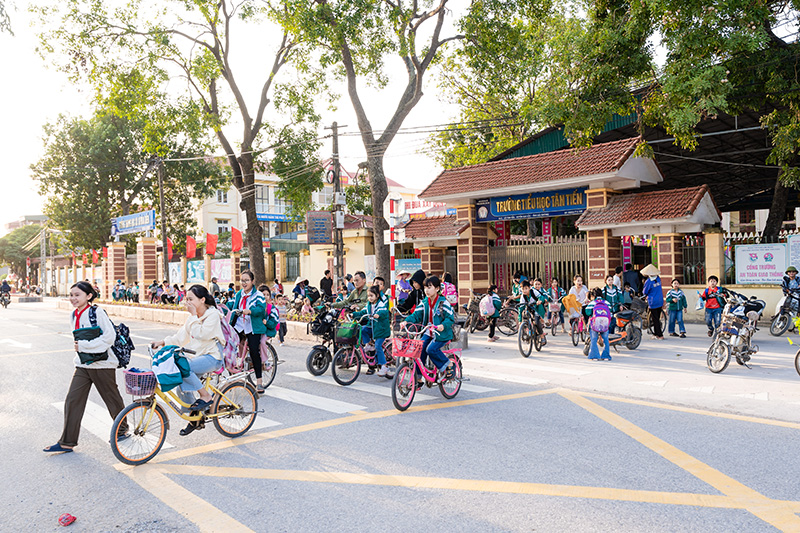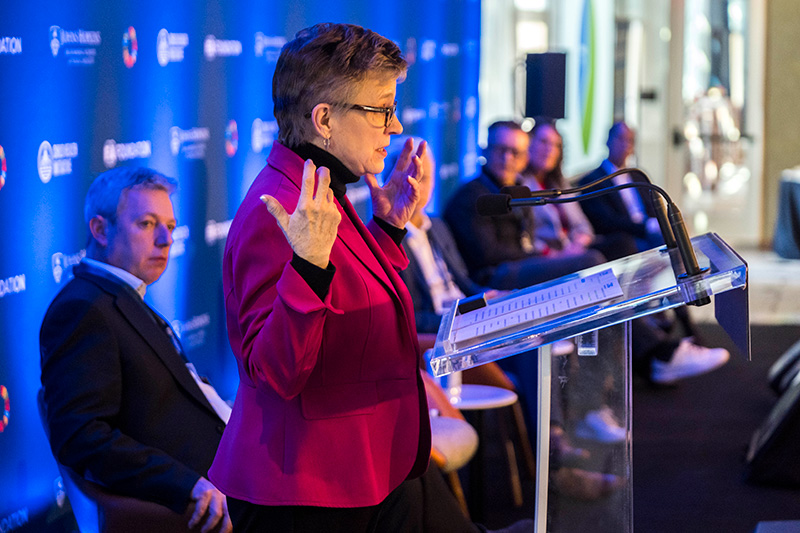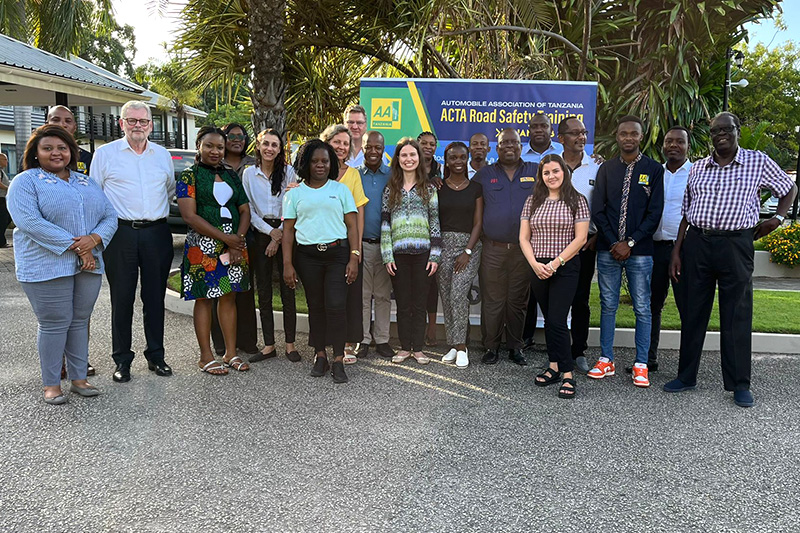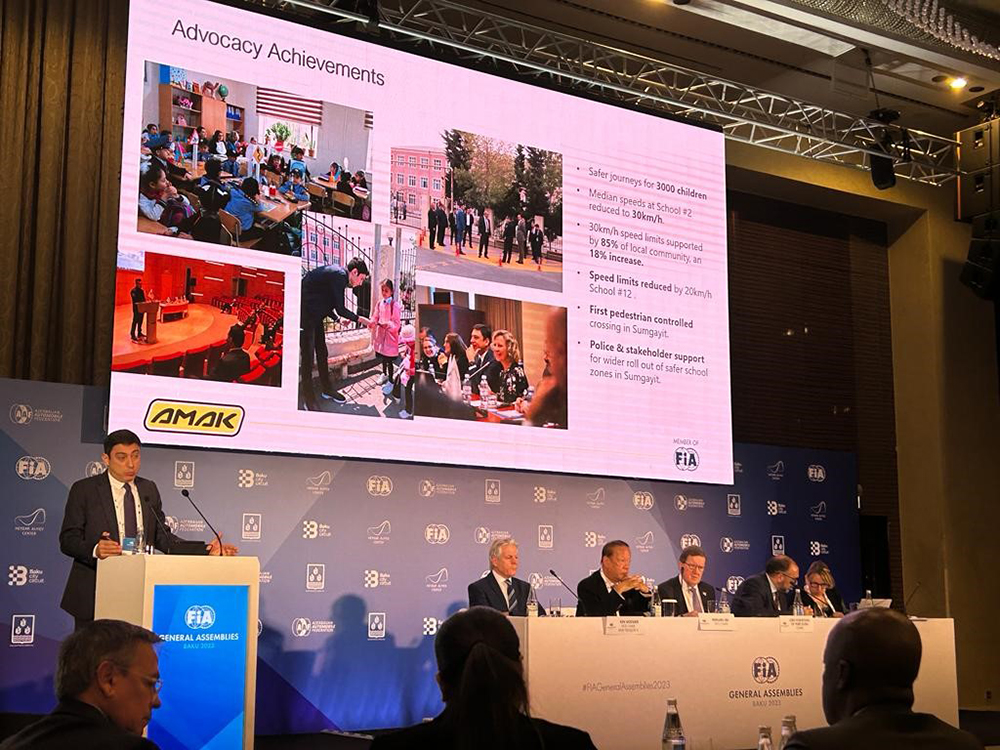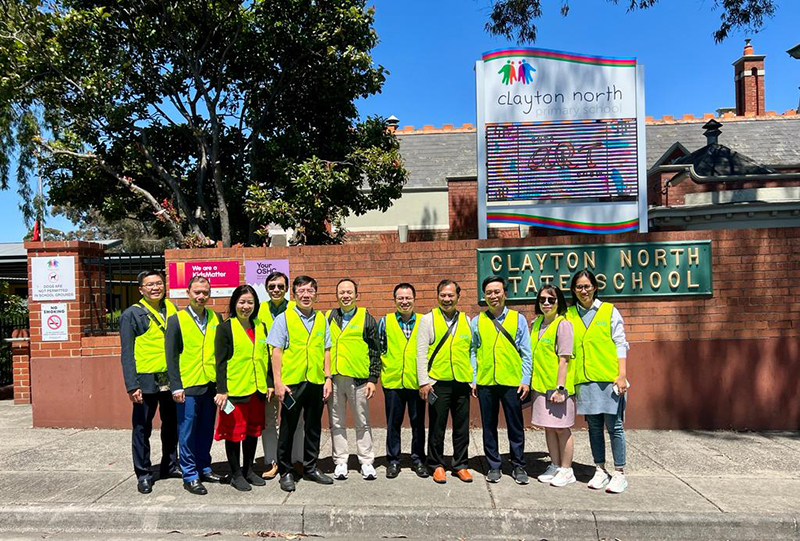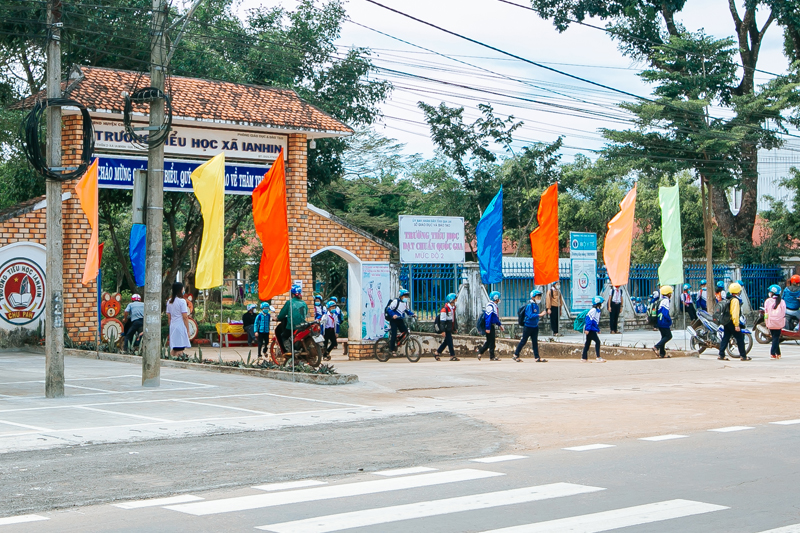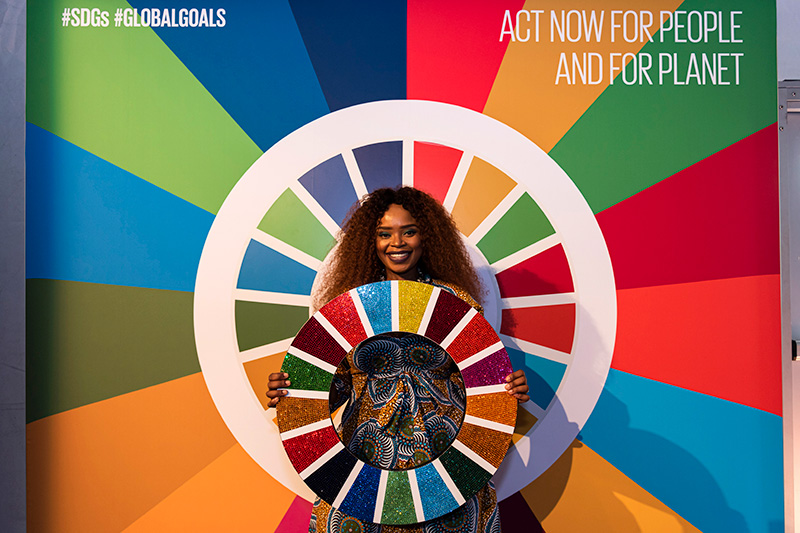High-level support for a global adolescent summit in the British Medical Journal
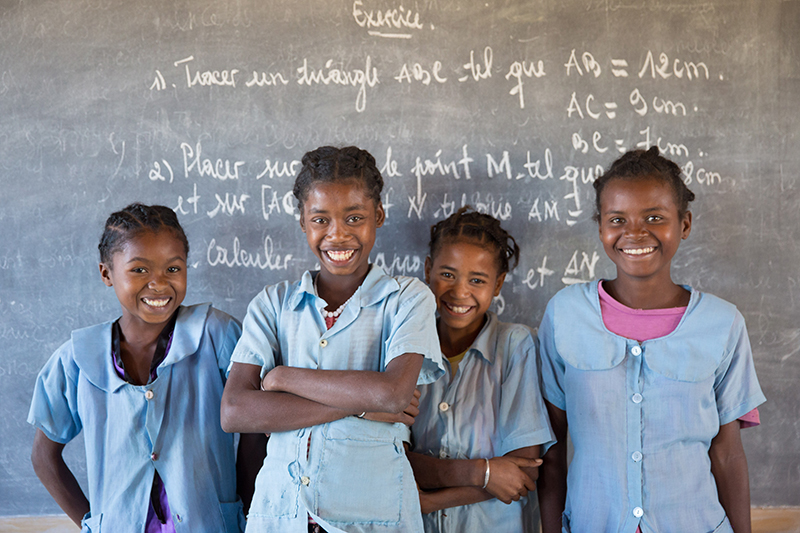
An open letter supporting a Call to Action for adolescents during COVID-19 and beyond, calling for a global summit, has been published in the British Medical Journal (BMJ) and signed by 30 leading global health, development, and youth experts, including the Child Health Initiative and FIA Foundation.
Many adolescents are currently experiencing disruptions to their access to health, education, and preventive services, and the pandemic has further exacerbated inequalities. The pandemic has had a severe impact on many adolescents and youth as they experience the transitions that will define their future wellbeing and life chances: completing education, moving into the workforce and forming life partnerships. Even before Covid-19, however, adolescents and young adults faced multiple challenges to their wellbeing including: social injustice; insufficient social protection; employment insecurity; inadequate mental health; poor sexual and reproductive health; and inability to exercise their rights.
The FIA Foundation has been collaborating with a range of leading international partners in a call for a global summit for adolescents. The BMJ open letter is the first time that such a large range of high-level supporters have endorsed this Call to Action. The Foundation has strengthened the focus on road traffic injury in this global agenda. A major issue is the lack of a safe and supportive environment for many young people, which contributes to the high burden of road traffic injury for the adolescent age group, yet the solutions are readily available.
The letter, titled ‘Uniting for adolescents during Covid-19 and beyond’ was coordinated by the Partnership for Maternal, Newborn & Child Health, sets out how the Call to Action for Adolescent Wellbeing demands a concerted and collaborative approach to meet the needs of the 1.2 billion adolescents living around the world. Signatories include Director-General of the WHO Dr. Tedros Adhanom, the President of Kenya Uhuru Kenyatta, Executive Director of UNICEF Henrietta Fore, and UN Secretary General’s Envoy on Youth Jayathma Wickramanayake. Joining them are Saul Billingsley, FIA Foundation Executive Director, and Child Health Initiative Global Ambassador, Zoleka Mandela. Other government signatories include Ministers from Mexico, India and Canada alongside major international agencies and youth leaders.
The signatories call for support from decision-makers, policy-makers, civil society, service providers, educators, donors, innovators, and adolescents themselves to ensure concrete policies, integrated programmes and sustained investments for adolescent wellbeing. It highlights that an Adolescent Well-being Summit would provide a powerful platform to drive forward collective efforts for a gender transformative, multi-faceted and multi-sectoral response to adolescent wellbeing, with a focus on strengthening financing, policies, services and accountability. The Summit aims to contribute to ensuring that today´s adolescents are empowered to solve the problems they are inheriting.
The letter concludes that all sectors of society have a part to play in achieving these goals to deliver a more equitable and inclusive world for this and future generations.
Full list of signatories
Helen Clark, Partnership for Maternal, Newborn & Child Health (PMNCH), Board Chair, former Prime Minister of New Zealand, Auckland, New Zealand
Tedros Adhanom Ghebreyesus, Director-General, World Health Organization, Switzerland
Anne-Birgitte Albrectsen, Chief Executive Officer, Plan International, UK
Jorge Alcocer, Secretary of Health, Government of Mexico, Mexico
Errol Alden, President, International Pediatric Association, USA
Audrey Azoulay, Director-General, United Nations Educational, Scientific and Cultural Organization (UNESCO), France
Saul Billingsley, Executive Director, FIA Foundation, UK
Robert W Blum, Professor, Department of Population, Family and Reproductive Health, Johns Hopkins Bloomberg School of Public Health, USA
Rajesh Bhushan, Secretary Health and Family Welfare, Government of India, India
Winnie Byanyima, Executive Director, UNAIDS, Switzerland
Rodrigo Alberto Carazo Zeledon, Permanent Representative of Costa Rica to the United Nations
Annabel Erulkar, Country Director, Population Council, Ethiopia
Lucy Fagan, Global Focal Point- SDG 3, UN Major Group for Children and Youth, UK
Adesegun Fatusi, Vice Chancellor, University of Medical Sciences, Nigeria.
Henrietta H. Fore, Executive Director, UNICEF, USA
Stefan Germann, Chief Executive Officer, Fondation Botnar, Switzerland
Karina Gould, Minister of International Development, Government of Canada, Canada
David Imbago, Vice-President for Development, International Youth Health Organization, Ecuador
Jessica Kahn, President, Society Adolescent Health and Medicine, USA
Natalia Kanem, Executive Director, United Nations Population Fund (UNFPA), USA
H.E. Uhuru Kenyatta, President of the Republic of Kenya
Zoleka Mandela, Global Ambassador, Child Health Initiative and Founder, Zoleka Mandela Foundation, South Africa
Phumzile Mlambo-Ngcuka, Executive Director, UN Women, United States
Wendy Morton, Minister for European Neighbourhood and the Americas. Foreign, Commonwealth & Development Office (FCDO), UK
George Patton, Professor, Centre for Adolescent Health and the Murdoch Children's Research Institute, University of Melbourne, Australia
Gogontlejang Phaladi, Executive Director, Pillar of Hope Project, Botswana
Susan M Sawyer, President, International Association of Adolescent Health, Australia
Kevin Watkins, Chief Executive Officer, Save the Children, UK
Jayathma Wickramanayake, UN Secretary General’s Envoy on Youth, USA
*Anshu Mohan, Senior Technical Officer, Country Engagement, Partnership for Maternal, Newborn & Child Health (PMNCH), Switzerland - Corresponding author
